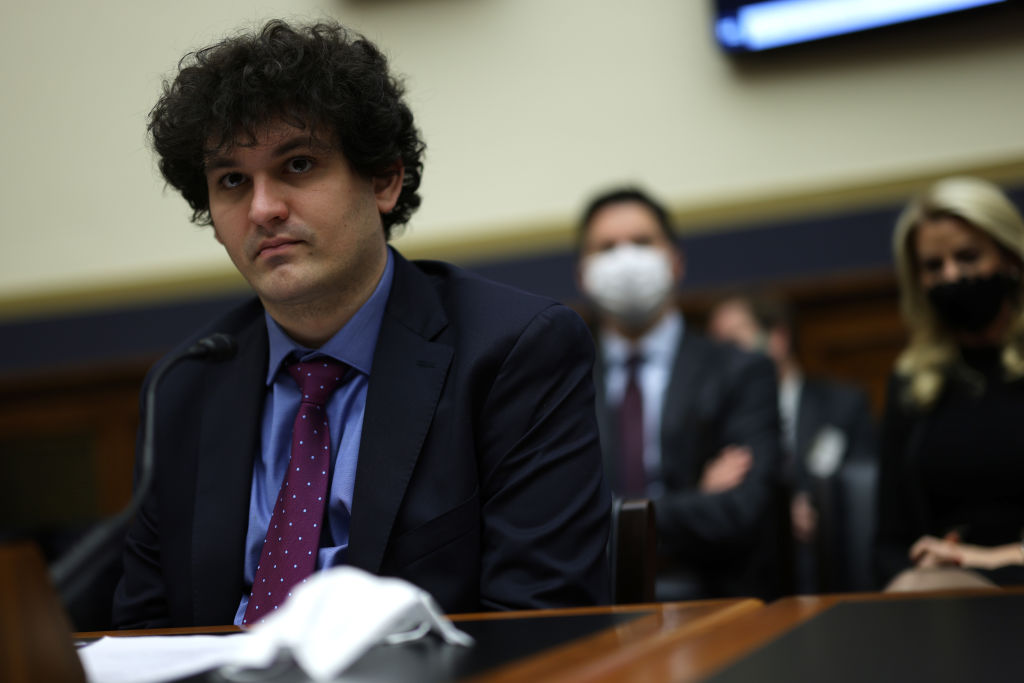FTX refunds: Four FTX customers victimised by the exchange’s tumultuous collapse have commenced class-action legal proceedings, declaring that the one million defrauded customers should be prioritised in reparations ahead of institutional investors.
“The Customer Class members should not have to stand in line along with secured or general unsecured creditors […] just to share in the diminished estate assets of the FTX Group and Alameda”, read the filing.
The plaintiffs, two of whom reside in the US, one in the Netherlands, and the other in Turkey, filed the suit within the US Bankruptcy Court for the District of Delaware – the same state as the firm’s Chapter 11 bankruptcy.
The defendants listed in the lawsuit include West Realm Shires – the trading company for FTX US – FTX Trading Ltd, Alameda Research LLC, as well as individuals Sam-Bankman Fried, Caroline Ellison, Zixiao Wang and Nishad Singh.
“A closely-knit group of young executives […] totally abdicated or ignored their duty to put in place adequate controls to protect customer property held at FTX”, assessed the filing.
FTX Refunds and Creditors
According to a court document filed on November 19, FTX has amassed a sizeable debt against a number of undisclosed corporations. Its largest 50 unsecured creditors are owed US$3.1 billion, the largest of which totals US$226.2 million.
Their third largest creditor, owed $174 million, is speculated to be institutional digital asset firm Genesis following their transparent announcement in hours preceding FTX’s demise.
When a corporation files for Chapter 11 bankruptcy, it means that trading operations are financially insolvent and that the business is unable to pay accumulated debts to third-party entities, known legally as creditors.
In the US, per Section 507 of the Bankruptcy Code, creditors are paid out in a hierarchal ‘waterfall payment’ system based upon their contractual involvement with the firm. FTX’s largest unsecured creditors are owed US$3.1 billion as outlined above.
As of today, they will be recuperated first, followed by investors such as Tom Brady, Steph Curry, Shaquille O’Neal, Naomi Osaka, and Kevin O’ Leary, among others.
Global
As for the global consortium of retail customers impacted by FTX’s fallout, the plaintiffs of the class-action are seeking to represent the interests of “all others similarly situated, a figure reported to be in excess of 1 million globally.
These investors, heartlessly, find themselves at the bottom of the distribution ladder, and can expect to wait years before any repayment at pennies on the dollar. Within the court filing, the plaintiffs argued that this should not be the case.
“Cash and assets traceable to customers, which never belonged to FTX or Alameda and do not belong to the estates, should be earmarked solely for customers, and victimized customers should likewise have priority to any other cash possessed or recovered by Debtors.”
Court Filing
FTX’s new CEO John J. Ray III, who was appointed in the wake of the exchange’s bankruptcy, is engaging in the meticulous task of recovering financial records, and has currently secured US$1 billion of various digital assets to cold wallets.
In an interview with CNBC’s Squawk Box on December 16, Shark Tank investor and former paid FTX spokesperson Kevin O’Leary declared that “the shareholders, of which I’m included, I don’t think we should get anything back. We’re venture investors, we’re big boys, we lost our money and understand it. I don’t want anything back until the people that had money in the accounts get theirs back. That just seems fair.”





